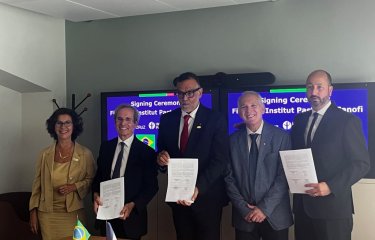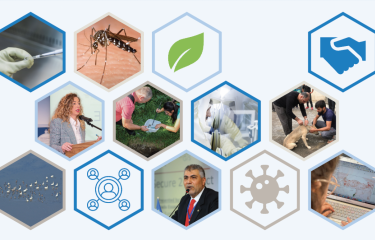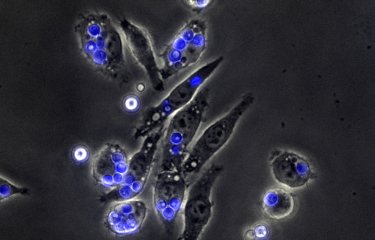National Ethics Committees are key actors of the research and civil society world, responsible for assessing complex situations with regard to individual rights and the general interest both in the normal course as well as in times of crisis. When a clinical trial or any research involving individual is conducted, they are responsible for ensuring that research participants are protected and their rights respected. Recent health crises, particularly Ebola, have highlighted the importance of supporting Research Ethics Committees in Africa in fulfilling their missions.
The AFREENET project ("Africa Ethics Excellence Network") was built upon this observation. Coordinated by the Ethics Unit of the Institut Pasteur in Paris, this project brings together the Research Ethics Committees of Côte d'Ivoire, Guinea and Benin with the aim of strengthening their role and their operating conditions. Based on the sharing of good practices and training, AFREENET will enable the members of these three committees to improve the evaluation and follow-up (monitoring) of research submitted to them, to strengthen their expertise in research ethics and support their role as trainers with other local institutional ethics committees. It will also support their advocacy capacity with their national regulatory authorities and strengthen their preparedness for epidemics and health crises based on lessons learned from the Ebola outbreak.

Supported by EDCTP for a period of 3 years, the AFREENET consortium held its kick-off meeting on 27 and 28 March 2018 in Abidjan. Beyond its specific objectives, AFREENET aims to create an exchange platform and a network of excellence between National Ethics Committees, within the consortium, and in Africa, for researchers and research institutes, regulators and drug agencies, as well as international organizations.





